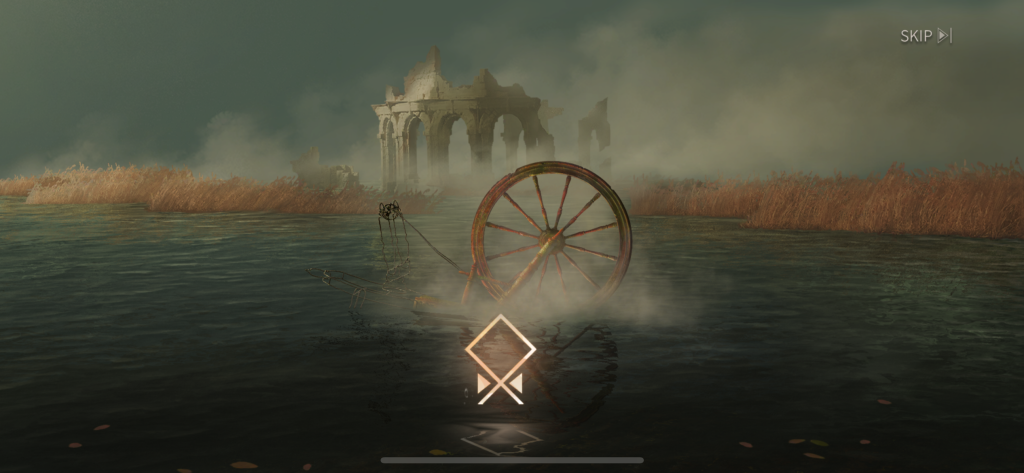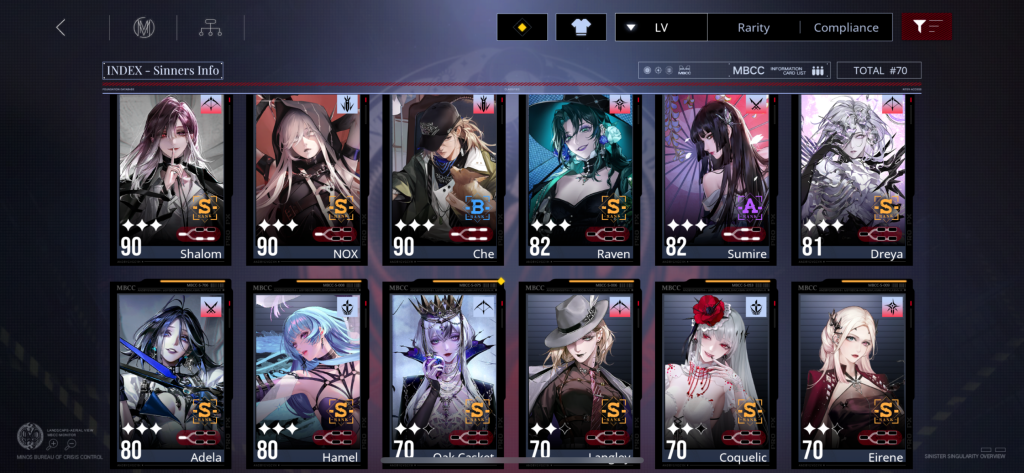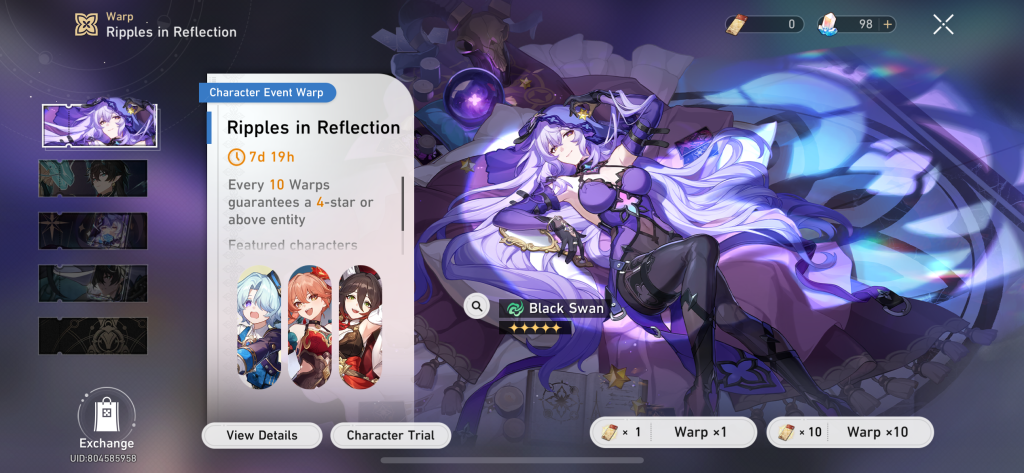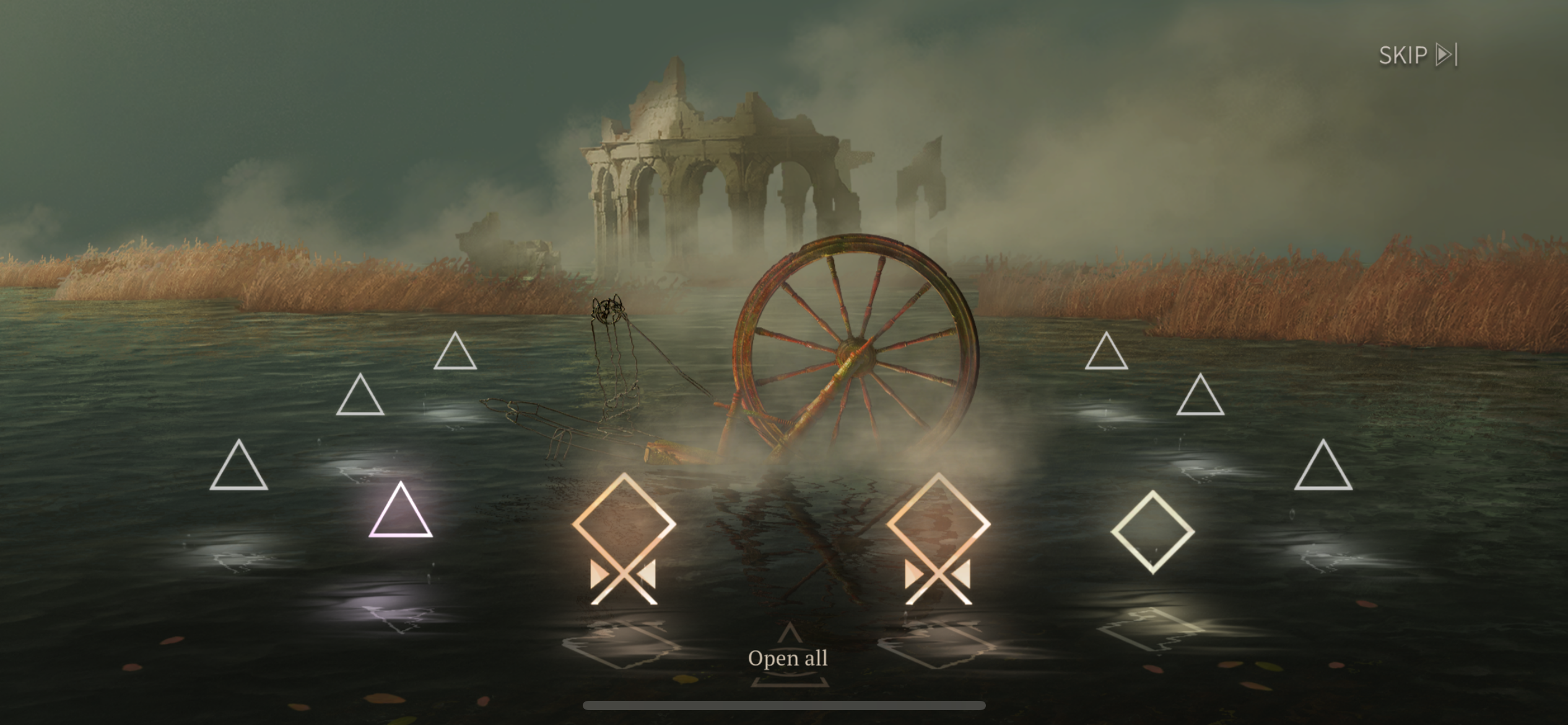Even without necessity, it can make me buy it voluntarily.
They created the “gacha system” not by chance, nor for fun, nor just out of sheer capitalism — that is indeed its main purpose though — but the gacha system is far more complicated than we think. Not only becoming one of the most dangerous things, but also a very successful system in making microtransactional items as product to consume.
Uncertainty and microtransactional items on video games is a deadly combination.
When playing a mobile gacha game, in the span of 2–3 months, I can say that I am interested with many things and features offered in the game. What often goes unnoticed is, that I am not just playing the core of the game; I am also fighting against myself.
The thrill.
The urgency.
Here’s why.
The Gacha System truly exploits the elements of surprise and uncertainty.
In every character or weapon’s banner, I am enticed by the possibility of getting what I want within a certain range of tries — this is called pity. The excitement of not knowing what awaits in each pull then triggers a sense of challenge and curiosity in the brain. There’s a chance I could get that character in one pull, or, on the contrary, have to spend more resources or money up to a set limit.
Imagine, in every attempt to pull or gacha, I am just one step away from happiness and disappointment. My brain anticipates this as something that needs to be proven right away. My brain needs a reward for the uncertainty, even though it often has to be paid with dissapointment, then lead to expenses. Isn’t this similar to what was said in the movie Forrest Gump, “Life is like a box of chocolates, full of surprises; you never know what will happen next.”
If there is something that can force someone to immediately respond to the curiosity of uncertainty, surely this is dangerous.
The gacha system provides an instant, addictive, and sustained dopamine effect.
If the one-step distance between happiness and disappointment is won by happiness, this is what will happen: dopamine floods the brain.
Yes, let’s say I managed to get the character I wanted in the banner, with a few pulls. Especially if the cost i spent to get this hero is cheaper compared to what my friend spent. Satisfaction increases again.

Instant things are dangerous, right?
This gacha system skillfully targets the brain’s reward system, providing instant satisfaction to players through visual animations and euphoria when getting something limited or rare. When the dopamine effect subsides, my brain doesn’t; it wants to experience that feeling longer and continuously.
At this point, I am addicted.
The addiction to this dopamine effect turns out to be a driving force to continuously play this game. The more rewards I get from uncertainty, the greater my motivation to remain immersed in the game. Or even lead to what I fear the most: burn more money.
The system in gacha games truly exploits the natural human tendency to collect and hoard.
I often feel insecure or lack confidence when facing more difficult content in the game, practically because I don’t have a deep enough squad. And this is the main mindset in almost gacha-based, or hero-based RPG games: squad depth.
This clearly makes me continue to keep pulling heroes, raise them all to the highest ability to compete, and be ready to use as the game progresses. The question is, do I really need all of those characters and all of those resources?

Blatantly exploiting my tendency to hoard, collect, and manage the progress of each character to keep playing the game, is certainly something dangerous.
The gacha system naturally brings out FOMO with the practice of artificial scarcity.
Exactly, the gacha system forces me to pull at a predetermined time and can only be done during the event. If I don’t gacha at the designated time, then I will miss the opportunity without knowing when the event will be held again.
This system, again and again, plays with my brain and make the lines between urgency and scarcity.
If I don’t make a decision, then the fear of missing out on characters, items, or exclusive bonuses during the event, arises. This will affect the anxiety of players, thereby encouraging interest to participate and get involved further. This is why I experience fear of missing out. The sense of urgency created by this fear becomes a powerful tool in shaping my decisions and actions in the game.
By manipulating how the brain works towards uncertainty, exploiting dopamine instantly, leveraging natural human tendencies, plus the fear of being left behind, players will continuously play the game and invest on it.

The implementation of the gacha and microtransaction system within a game is the most genius — yet the most dangerous thing humans have ever created in the history of the gaming industry.

